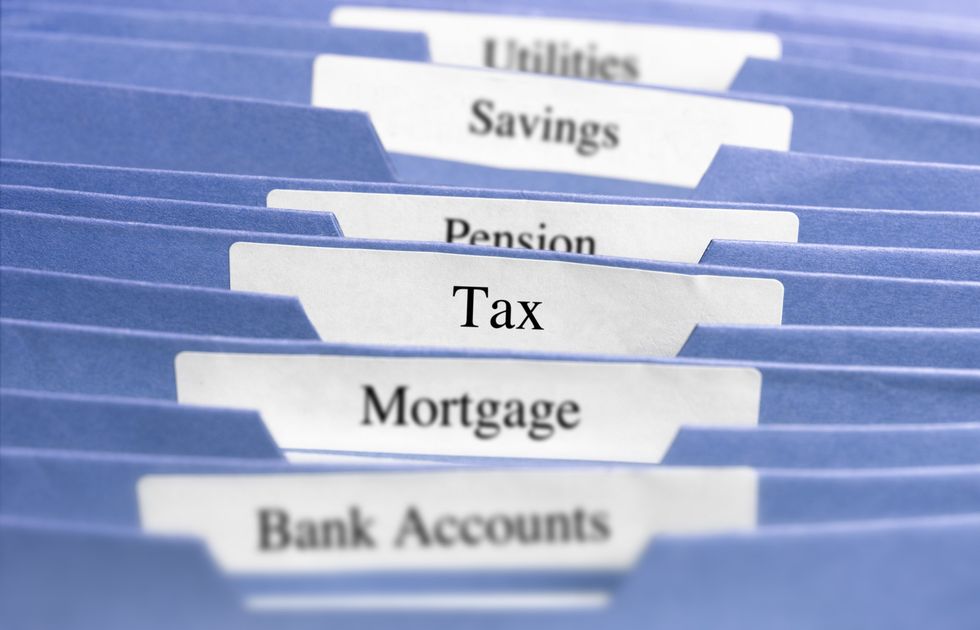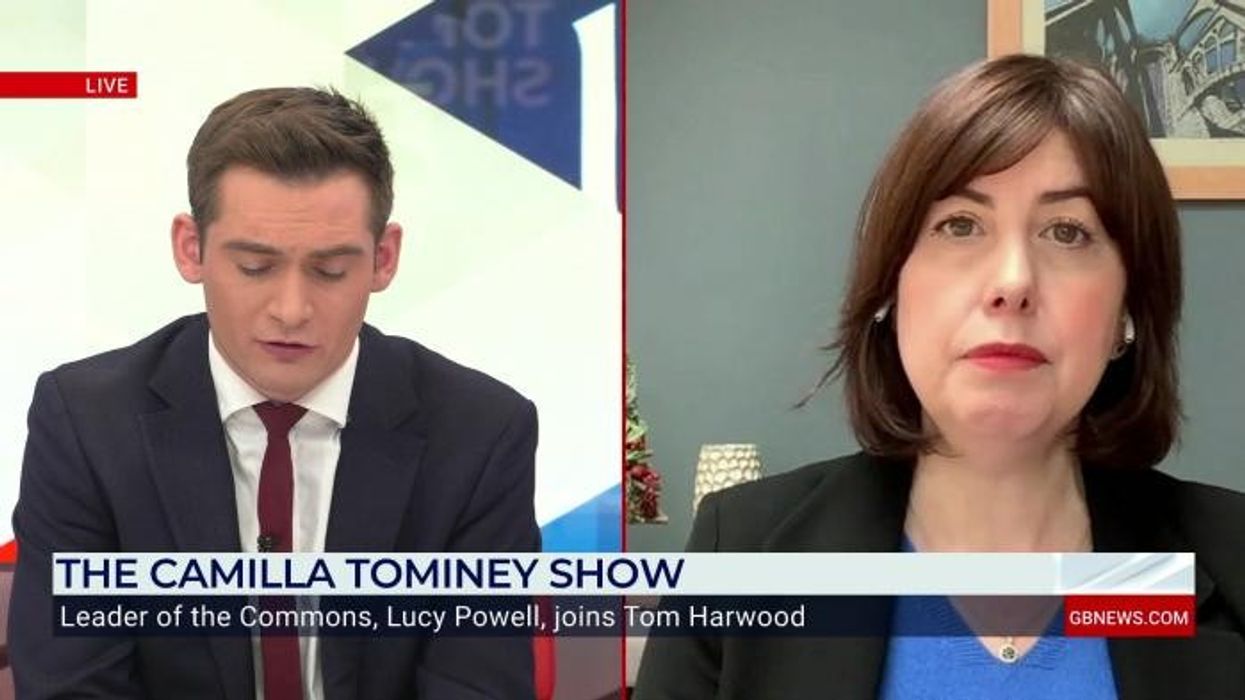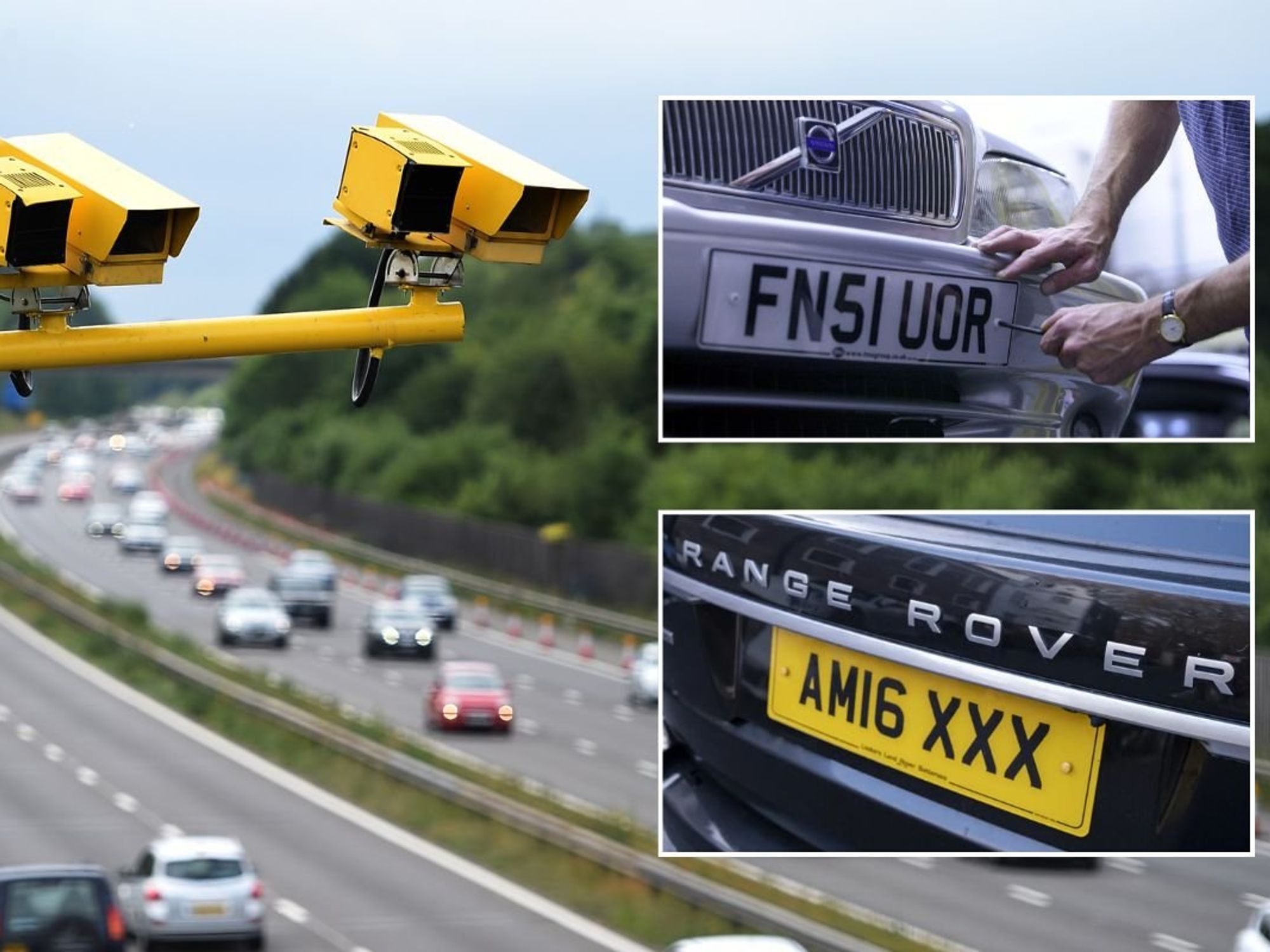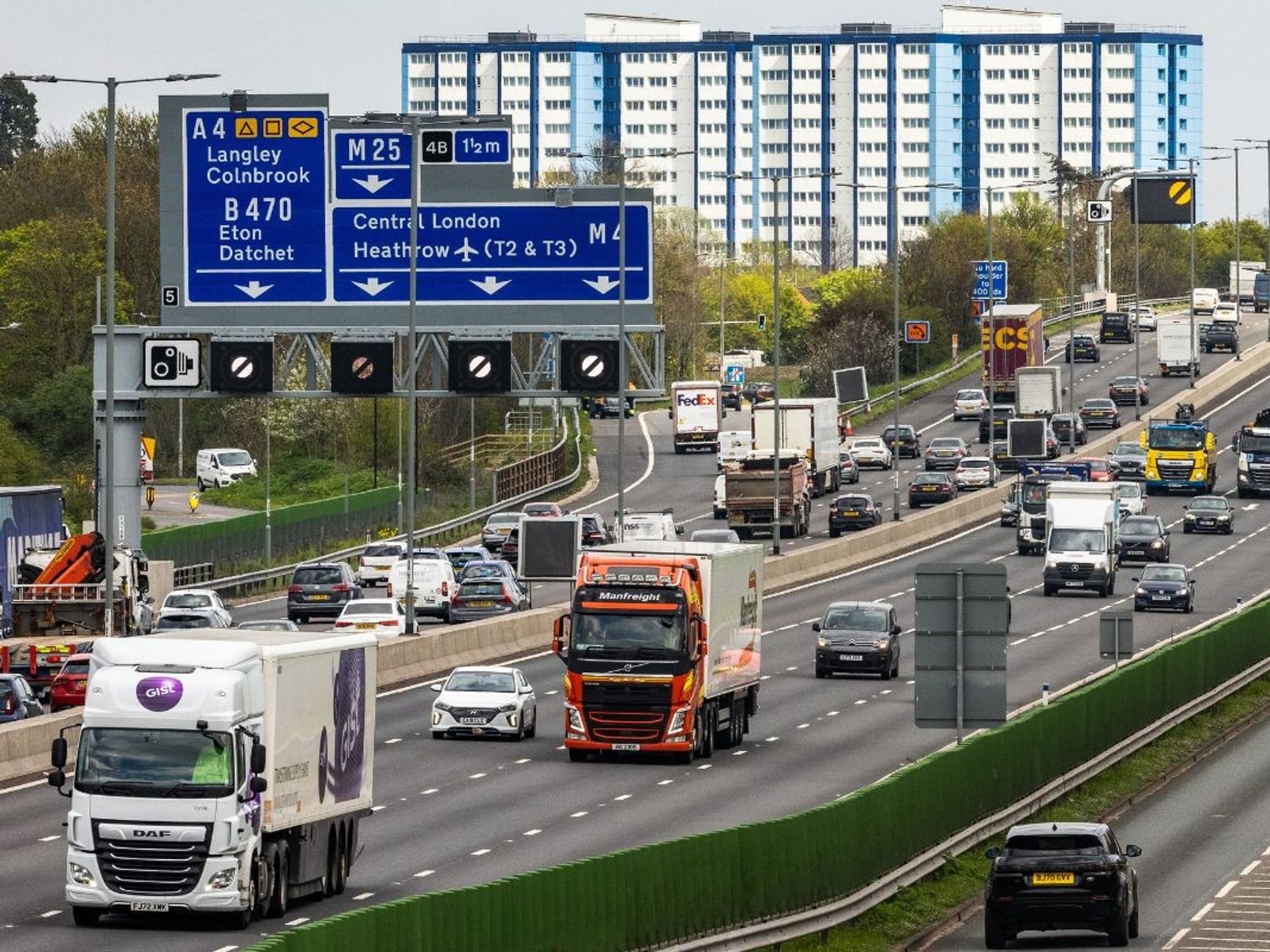Labour’s £400 holiday tax to hit families with highest ever levies on flights

Flights could see a 15 per cent increase - which is more than five times the current inflation rate of 2.6 per cent
Don't Miss
Most Read
Families are set to face record-breaking flight taxes under Labour's planned increases to Air Passenger Duty (APD), with costs soaring above £400 to popular holiday destinations for the first time.
A new study has revealed that a family of four travelling to Florida's Walt Disney World will be charged £408 in flight taxes by April 2026.
The findings come ahead of Sunshine Saturday, traditionally the busiest day of the year for holiday bookings, when millions of Britons will be purchasing their foreign breaks.
The tax hike represents a 15 per cent increase on most flights, which is more than five times the current inflation rate of 2.6 per cent. The measures will generate an additional £2.5bn from APD between 2026 and 2030.
Under the new rates, a family of four flying economy class to Disneyland Florida will face a tax bill of £408, equivalent to £102 per person.
For ultra-long-haul destinations such as Australia, the tax burden will rise to £424 for a family of four, or £106 per person.

The measures will generate an additional £2.5bn from APD between 2026 and 2030
| GETTYEven short-haul European destinations will see significant increases, with families paying £60 in total for destinations like Spain, marking a 15 per cent rise.
The APD is charged only on flights departing from the UK, with airlines typically passing these costs directly to customers. The new rates will come into effect from April 2026, as part of changes introduced in the Finance Bill 2024-25.
For economy class passengers, short-haul international flights will see an additional £2 added to ticket prices under the new structure.
It blows a hole in Reeves's claim that APD has not risen with inflation, which she cited as one of the reasons for hiking it during her Budget speech.
Analysis by the TaxPayers' Alliance shows that by April 2026, inflation will have increased by approximately 111 per cent since APD's introduction in 1994. However, during this same period, APD for short-haul European flights will have surged by 200 per cent.
The difference is even more striking for long-haul journeys, with increases of 920 per cent, while ultra-long-haul rates will have risen by 960 per cent.
When APD was first introduced in 1994, it cost just £5 for European Economic Area destinations and £10 for all other locations. If the tax had merely tracked inflation, these rates would now be £10.31 and £20.62 respectively, far below current levels.
The dramatic increases have prompted criticism of Labour's claims about maintaining tax fairness for working people.
LATEST DEVELOPMENTS:
Industry leaders have strongly criticised the planned increases, highlighting concerns about economic impact and competitiveness.
Darwin Friend, of TaxPayers' Alliance, said: "While the Prime Minister is able to swan off around the world without the need to pay APD from his own pocket, the taxpayers funding his travel have to work even harder to be able to afford an annual holiday."
Former British Airways boss Willie Walsh, now chief of the International Air Transport Association, warned: "British passengers are rightly fed up with paying ever-higher rates of APD."
He questioned Labour's growth priorities, noting that aviation "supports 1.6million jobs, generates £127billion pounds in GDP."
Tim Alderslade, boss of Airlines UK, added that "APD already makes the UK less competitive and the increases will hit working people in the pocket and make it harder for airlines to put on and sustain new routes."
The APD system operates across four destination bands, with rates varying based on both travel distance and cabin class.
From April 2026, domestic flights will see reduced rates of £8 for economy class and £16 for standard class:
- Band A flights, covering destinations up to 2,000 miles, will charge £15 for reduced rate and £32 for standard rate tickets.
- Long-haul Band B flights will cost £102 for reduced rate and £244 for standard rate passengers.
- Ultra-long-haul Band C destinations will face charges of £106 for reduced rate and £253 for standard rate travel.
- Private jets and premium cabins face the highest rates, with charges reaching £1,141 for ultra-long-haul flights.
The Government acknowledges these increases may impact airfares, noting that airlines typically pass APD costs to consumers.











